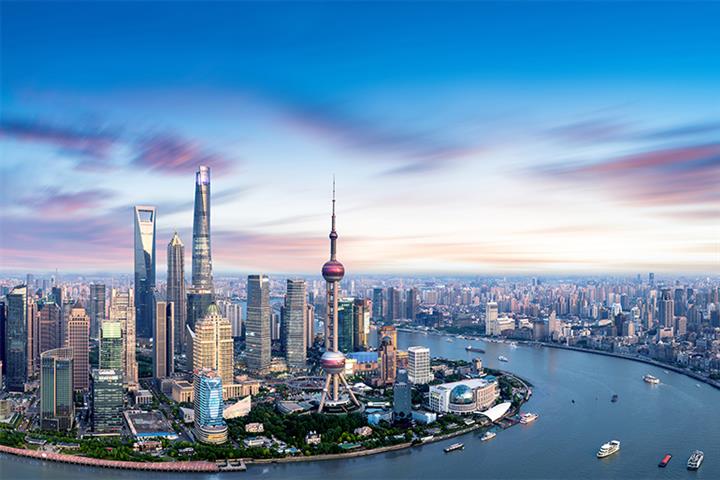 Shanghai to Further Advance Integrated Development of Yangtze River Delta
Shanghai to Further Advance Integrated Development of Yangtze River Delta(Yicai Global) June 27 -- Shanghai is to continue to boost the integrated development of the Yangtze River Delta economic hub, which comprises Shanghai and the surrounding areas, over the next five years, the municipality’s party secretary Li Qiang said at a recent meeting of the Shanghai Congress of the Communist Party of China.
By leveraging the comparative advantages of each area, the resilience of the Yangtze River Delta’s industrial supply chain can be strengthened by increasing investment and applying industrial transfers to complement the weak points, said Chi Hong, secretary of the Party Committee and chairman of Yangtze River Delta Investment (Shanghai), a delegate at the congress.
Yangtze River Delta Investment serves as a platform for Shanghai’s state-backed businesses to connect with neighboring Jiangsu, Zhejiang and Anhui provinces, Chi said. Since it was formed two years ago, the platform has set up a number of projects including the Yangtze River Delta SOEs Cooperation Alliance, the Yangtze River Delta Artificial Intelligence Fund Alliance and the Comprehensive Health Fund Alliance, he added.
There is still room for improvement in order for the Yangtze River Delta to become a world-class city cluster, Chi said. For instance, it lacks innovation capacity, there is a low transformation rate of scientific and technological results and a dearth of high-quality enterprises with international competitiveness. The distribution of benefits and sharing mechanisms also need to be improved, he added.
The Yangtze River Delta should develop a complete industrial innovation chain from research and development, to applied research, product piloting and marketing. It should also guide each region to find its proper place and achieve a specialized division of labor.
Shanghai can play a leading role in terms of scientific and technological resources, internationalization, as well as financing and skilled talent pool, said Tan Ruicong, secretary of the Party Committee of the Shanghai Yangtze River Delta Institute of Technological Innovation. These advantages should be fully integrated with industrial demands to create an industrial high ground.
The Institute of Technological Innovation, which was set up last June, is planning to build 100 research institutes over the next five years, which will hire more than 50,000 R&D staff. It will also form 1,000 innovation centers with enterprises to enable a high degree of integration between industry, academia and research, said Tan.
Shanghai Construction Group has a wealth of experience from operating in the Yangtze River Delta in recent years and has formed a complete industrial chain, said President Ye Weidong who is also deputy secretary of the Party Committee at the large state-owned building firm. The company will transform from an engineering contractor to a full life-cycle construction service provider.
Shanghai Construction will continue to promote digital transformation, optimize its talent pool and further enrich its services and technologies in order to contribute to the high-quality development of the Yangtze River Delta, Ye added.
Editors: Dou Shicong, Kim Taylor